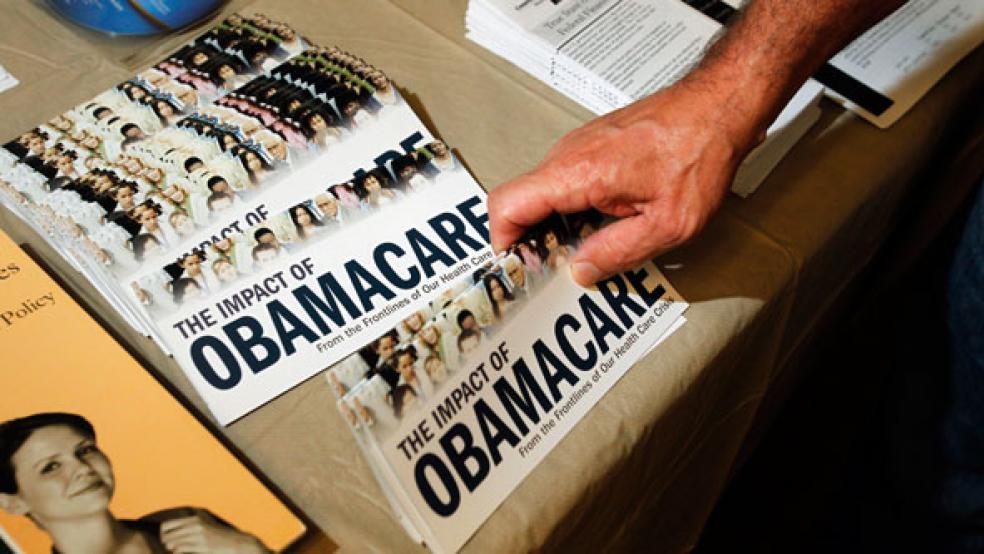It only took four years, but Republicans and Democrats are actually starting to come together to fix the president’s health care law.
On Thursday, a bipartisan group of senators introduced legislation that would resolve a glitch in the law that experts say negatively affects low-income patients.
Related: Republicans Target Burwell in Obamacare War
The issue stems from the law’s pay-for performance provision intended to improve the quality of care and get away from the old fee-for service model. Under this initiative, Medicare and a large number of private insurance companies pay providers based on their performance as measured by patient outcomes. Hospitals are penalized for high readmission rates.
The problem is - as a panel of 26 experts commissioned by the Obama administration found earlier this year - the provision does not take into account the socioeconomic status of the patients at each hospital.
And because low-income patients are less likely to have successful outcomes, since they may not be able to afford medication or transportation to get to their treatments and follow-up appointments, the hospitals primarily serving them may be unfairly labeled as “poor performers” and get slapped with penalties.
The panel noted that major teaching hospitals that serve large populations of poor people face the highest penalties—though it did not provide specific cost estimates.
Related: President to Republicans: Obamacare Is Here to Stay
The bipartisan legislation, sponsored by Sens. Joe Manchin (D-WV), Roger Wicker (R-MS), Mark Kirk (R-IL) and Bill Nelson(D-FL), aims to fix that problem by requiring Medicare to account for the socioeconomic status of each patient when calculating penalties.
The administration disagreed with the panel’s similar recommendation in March when it said taking into account socioeconomic status would mean lowering expectations for hospitals that serve poor people.
“We do not want to hold hospitals to different standards of care simply because they treat a large number of low socioeconomic-status patients,” Dr. Kate Goodrich, the director of quality measurement programs at the federal Centers for Medicare and Medicaid Services told The New York Times.
The bill has received support from the American Medical Association, the American Hospital Association, and others in the medical community.
Still, it is unclear how far it will go in the gridlocked Congress.
Top Reads from the Fiscal Times:





